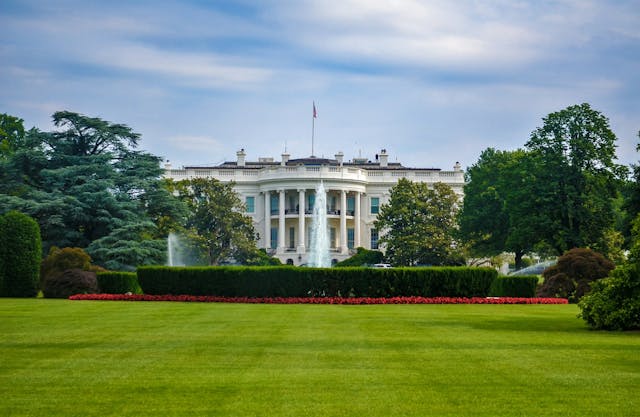Judicial Elections 101: Be Informed on Races in Your Area

This article is the second in a series of articles on California judicial elections. The first one looked at the judicial election process for the Supreme Court and courts of appeal.
This article looks at the election process for Superior Court judges (i.e. trial court judges). Trial court judges preside over trials and hearings in all criminal and civil cases, including family, probate, mental health, juvenile, and traffic cases. During FY 2012–2013, nearly 8 million cases were filed in Superior Court.
Superior court judges may be appointed by the governor after a rigorous evaluation process conducted by the California State Bar's Commission on Judicial Nominees Evaluation (JNE) or elected by local voters in a nonpartisan election. A superior court judge’s term is for 6 years. Interim vacancies are filled by governor appointment after a JNE review and appear on the ballot in the next gubernatorial election only if a challenger files to run against the appointed judge.
If a sitting judge is unopposed in an election, his or her name does not appear on the ballot and they are automatically re-elected following the election. If the sitting judge is opposed, the candidate who achieves a majority vote in the primary election is elected. If no candidate achieves a majority vote, the top two candidates will move on to a run-off in the November election (as is the case for Brad Weinreb and Ken Gosselin for San Diego Superior Court Office 25).
In the upcoming general election on November 4, 2014, 43 races for trial court judge seats in 16 counties are contested. Reportedly, “twenty-nine of those contested races, or approximately 67%, include no incumbent, making them the most competitive.”
These contested races for trial court judicial seats are breeding grounds for special interest groups to finance the campaigns of selected attorneys that adhere to their philosophies and will continue to do so once they take the bench.Meanwhile, if there is an incumbent judge, he or she will typically not respond to the barrage of media misinformation provided by these special interest groups because rules of conduct discourage sitting judges from publicly taking positions on issues.
Politicized judicial races threaten the independence of the courts and disrupt the system of checks and balances set forth in the Constitution. Elected partisan politicians -- like the president and members of the legislature -- are responsible for carrying out the will of the majority, not judges. Judges must make decisions based on laws already created by the legislature and facts provided by the parties, not based on political influence.
For the judicial system to remain free and fair, judges must be elected based on their qualifications, integrity, and experience -- not their rulings.
Get Informed!
Before voting, gather information about each trial court judge so you can make an informed decision. It can be difficult to find nonpartisan information about judicial candidates and incumbents so a bit of tenacity is required.
Voters can check their local bar association website for information on incumbent judges and attorneys running for judicial seats or links to judicial performance evaluations. Voters can also check theCalifornia State Bar's website to see if the candidate has a disciplinary record. Voters can also review the public discipline summaries and information about pending judicial discipline matters on the Commission on Judicial Performance’s website.
Biographical information about California’s approximately 1,600 trial court judges is not typically available at state court websites. However, a complete bank of such information can be found in a publication, titled "California Courts and Judges - 2014," by Mark Thompson and Elizabeth Smith (James Publishing), available at most libraries.
Finally, local county bar associations, like the San Diego County Bar Association, rate judicial candidates in contested elections and publish the results on its website.
Superior court candidates may file a candidate statement for inclusion in the voter's pamphlets prepared by the registrar of voters. The pamphlet is mailed to voters in each county. However, candidates who wish to be included in the pamphlet may be required to pay their estimated pro-rata share of the cost of printing and mailing, which can be very high in large counties. Some sitting judges are unable or unwilling to do so because of the cost or ethical constraints.
Other resources of information are provided by nonpartisan groups such as the NAWJ for its Informed Voter Fair Judges’ project, the League of Women Voters, Project Vote Smart, and IVN.us.
Most importantly, inform yourself about the judicial candidates and vote!
Photo Credit: corgarashu / shutterstock.com



